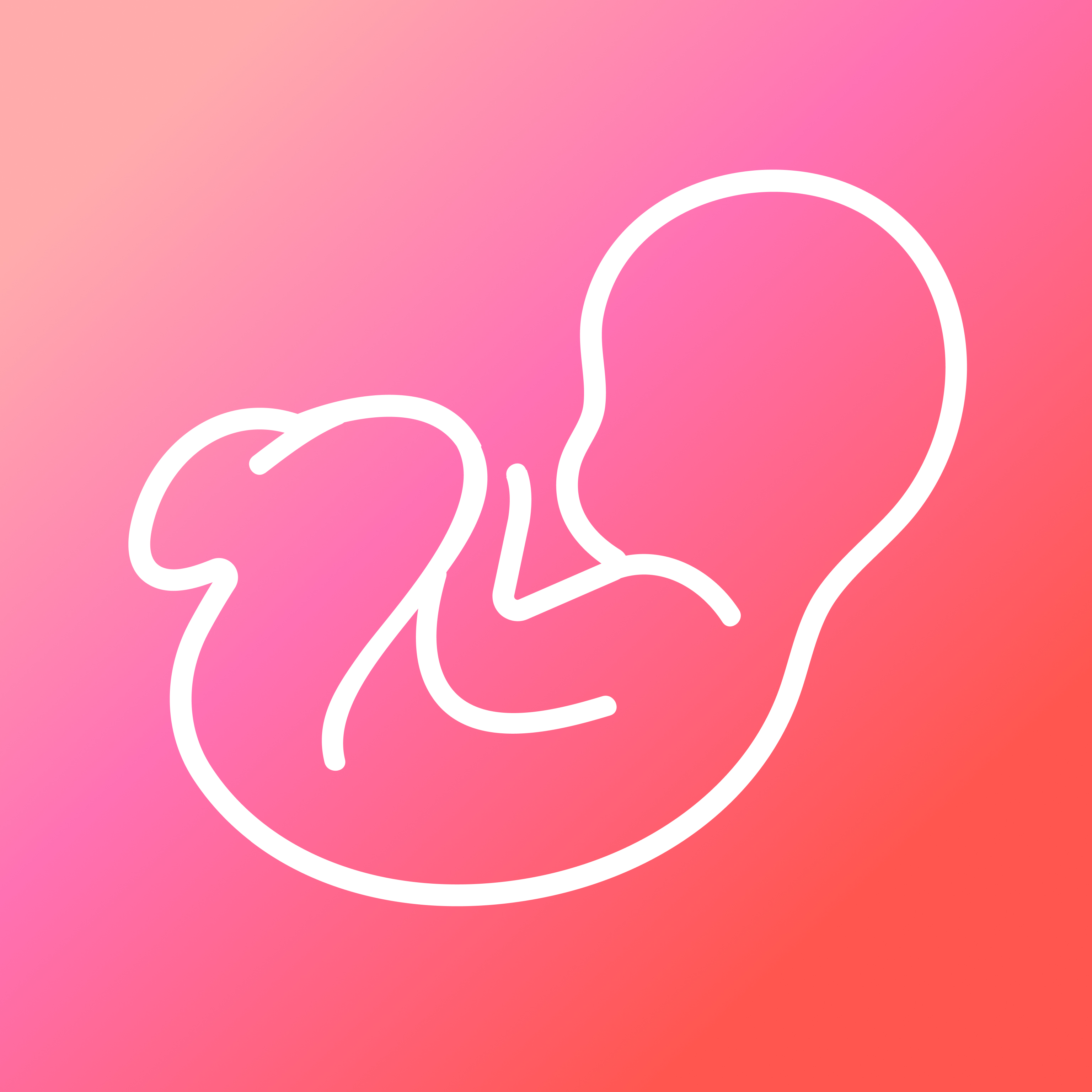As you near the end of your pregnancy journey, you may find yourself facing a new wave of physical discomforts and unexpected challenges.
Let's explore what to expect at 34 weeks and practical strategies to manage these symptoms with resilience and grace.
Pregnancy Brain: Experiencing forgetfulness and moments of absent-mindedness, known colloquially as "pregnancy brain," is entirely normal and can be attributed to hormonal fluctuations, fatigue, and the anticipation of impending motherhood.
Headaches: Wrestling with headaches akin to a persistent drummer in your head can be attributed to various factors such as hormonal changes, increased blood volume, stress, and lack of sleep.
Others
Varicose Veins: Witnessing the emergence of varicose veins, akin to a map tracing your body's journey, can be disconcerting but is a common occurrence due to increased blood volume and hormonal shifts.
PUPPP Rash: Confronting PUPPP, a harmless yet irksome skin condition causing itchy, red rashes on various body parts, underscores the remarkable changes your body undergoes to accommodate your growing baby.
Varicose Vein Assurance: Recognizing varicose veins as a temporary byproduct of pregnancy's physical demands offers solace, knowing they typically recede postpartum.
Embracing Pregnancy Brain: Embracing the quirks of "pregnancy brain" with humor and understanding alleviates concerns, recognizing it as a transient phenomenon influenced by hormonal shifts and fatigue.
Navigating Headaches: Prioritizing hydration, rest, stress management, and cold compresses assists in alleviating headaches, acknowledging their multifaceted triggers and seeking medical advice for persistent or severe cases.
Addressing PUPPP: Acknowledging PUPPP as a common occurrence rooted in hormonal fluctuations and skin stretching reinforces the transient nature of this discomfort, with treatment options available for relief.
Hydration Priority: Prioritize hydration to combat headaches and promote overall well-being, keeping a water bottle handy for convenient access.
Stress Management Techniques: Incorporate relaxation techniques such as deep breathing, meditation, and gentle stretching to mitigate stressors contributing to headaches.
Rest and Sleep: Embrace opportunities for restorative rest, even amidst the challenges of pregnancy, recognizing the vital role of sleep in overall health and symptom management.
Cold Compress Relief: Utilize cold compresses to alleviate headache discomfort, targeting the forehead and neck areas to reduce inflammation and promote relief.
Trigger Avoidance: Identify and avoid headache triggers such as bright lights, loud noises, and certain foods to minimize symptom exacerbation and enhance well-being.
Stay up-to-date with regular prenatal appointments and recommended tests
Consider taking a breastfeeding class or researching nursing resources
Invest in a comfortable and supportive nursing bra for after the baby arrives
Prepare for potential childcare challenges or difficulties
Research potential postpartum support resources, such as a postpartum doula
Prepare for potential physical adjustments such as waddling and increased vaginal moisture in the coming weeks, recognizing these changes as natural manifestations of your body's preparation for childbirth.
















Answer
2
Answer
1